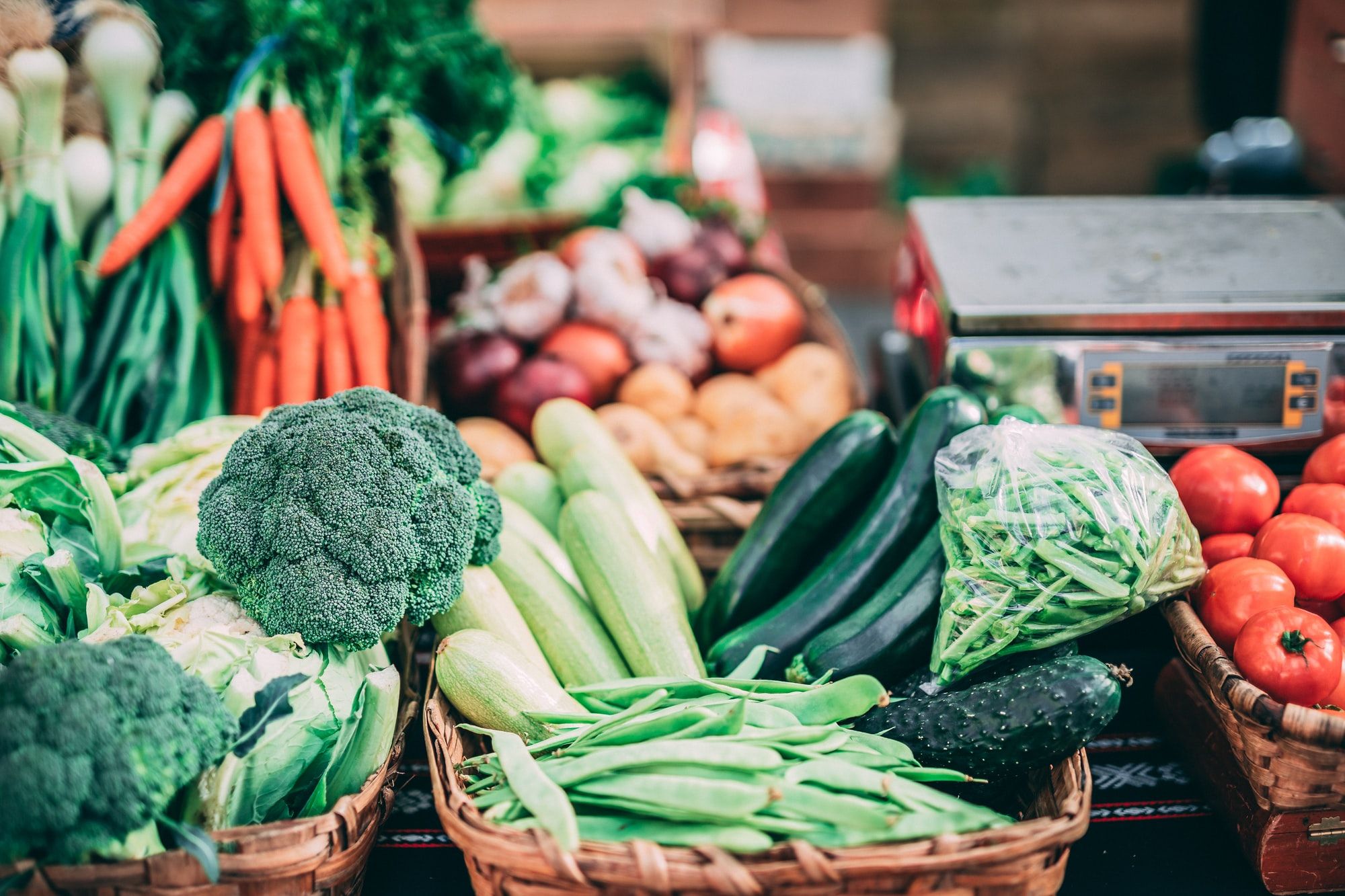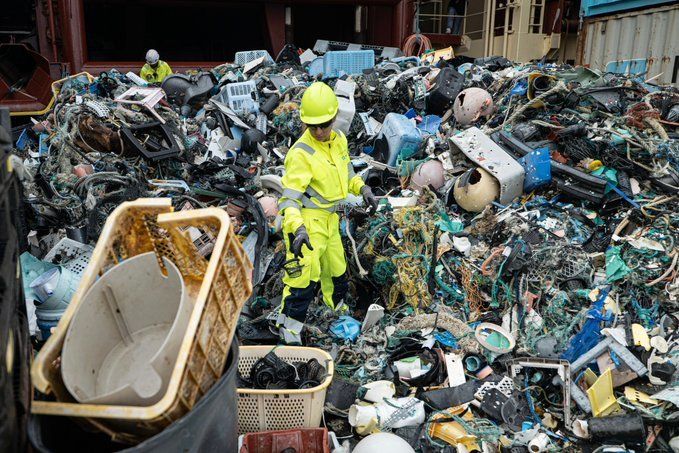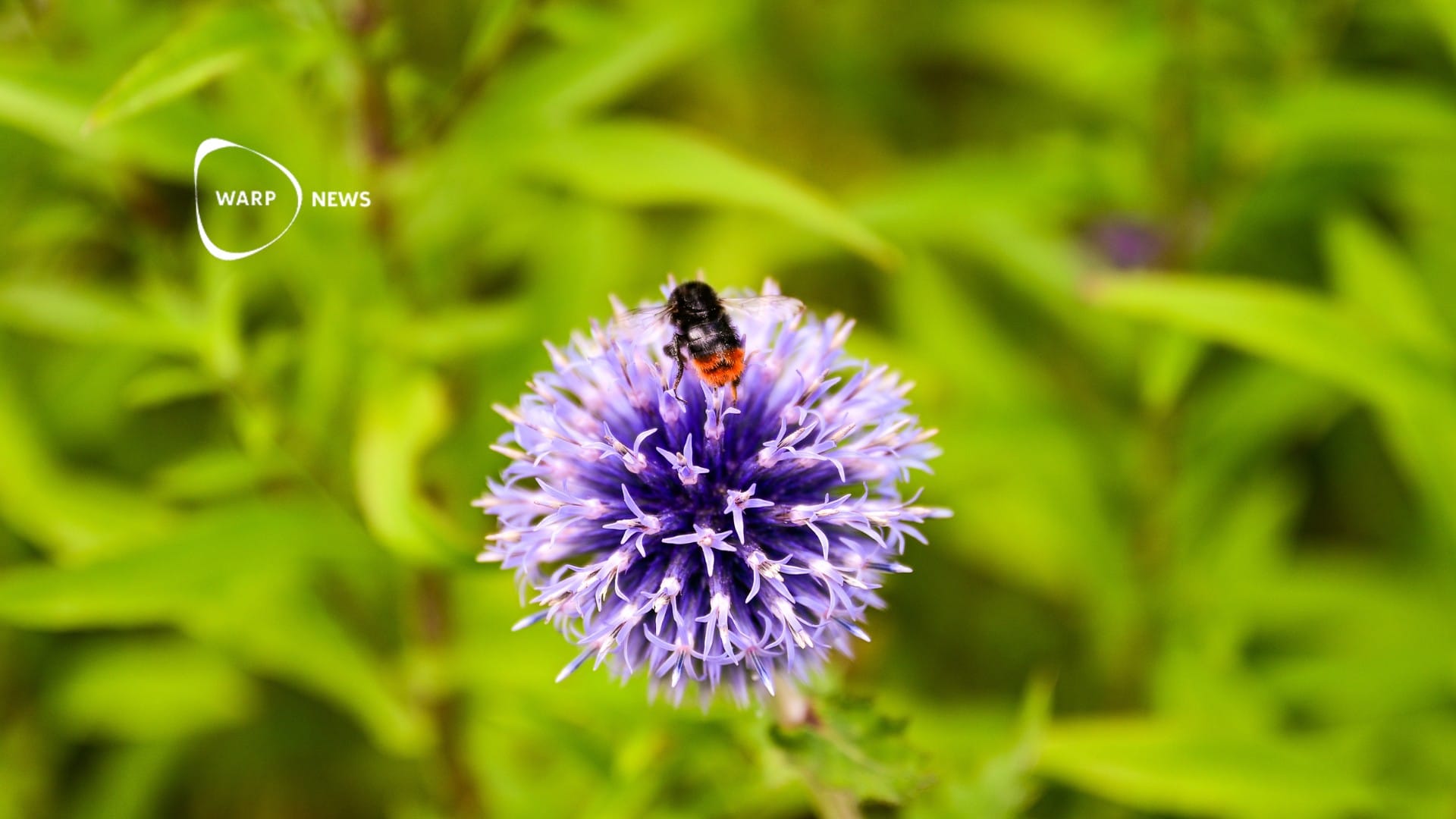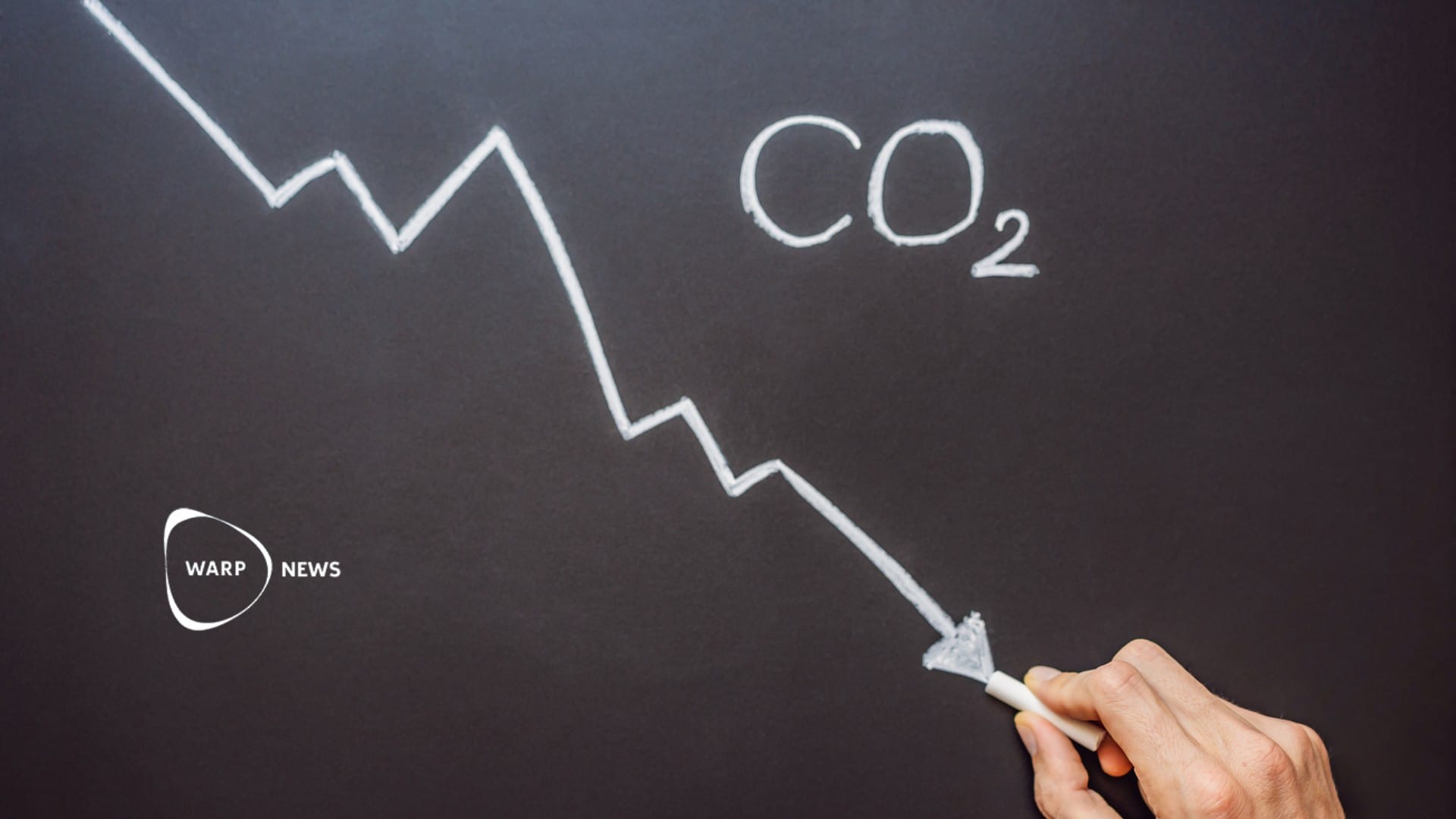
🥦France bans plastic packaging for fruit and vegetables
Starting this year, France has banned plastic packaging for a large number of fruits and vegetables.
Share this story!
For several years, international campaigns have pointed out that unnecessary plastic packaging pollutes the oceans and causes environmental damage. To make a difference, France has now banned plastic packaging for many fruits and vegetables.
The ban, which came into force on New Year's Day, includes about thirty fruits and vegetables, including cucumbers, peppers, zucchini, aubergines, bananas, pears, lemons, leeks, oranges, and kiwis.
Some exceptions will be made, for example, for packages weighing more than 1.5 kg and for processed and chopped fruits. For producers to find an alternative for packaging soft berries, such as blueberries and raspberries, these producers will have more time to adapt. By 2026, the country will finally ban all plastic packaging of fruit and vegetables.
In 2021, an estimated 37 percent of all fruits and vegetables sold were wrapped in plastic. The French government predicts that the new ban will result in an annual reduction of more than a billion disposable plastic packaging items.
Camilla Zerr, from Friends of the Earth for England, Wales and Northern Ireland, told The Guardian:
I think it is a very good approach and I really want to urge the UK to do the same and not fall behind.
She also said that plastic-wrapped fruit, such as bananas or apples, are sometimes cheaper than those without plastic wrap in the UK, making the situation "very problematic."
Zerr added:
It is interesting to note that in the UK the largest brands sell wrapped fruit and vegetables, but in small shops you can find lots of fruit and vegetables in bulk without packaging, which proves that it is possible to stop using plastic.
Spain will also introduce a ban on plastic-wrapped fruits and vegetables from 2023.

By becoming a premium supporter, you help in the creation and sharing of fact-based optimistic news all over the world.



